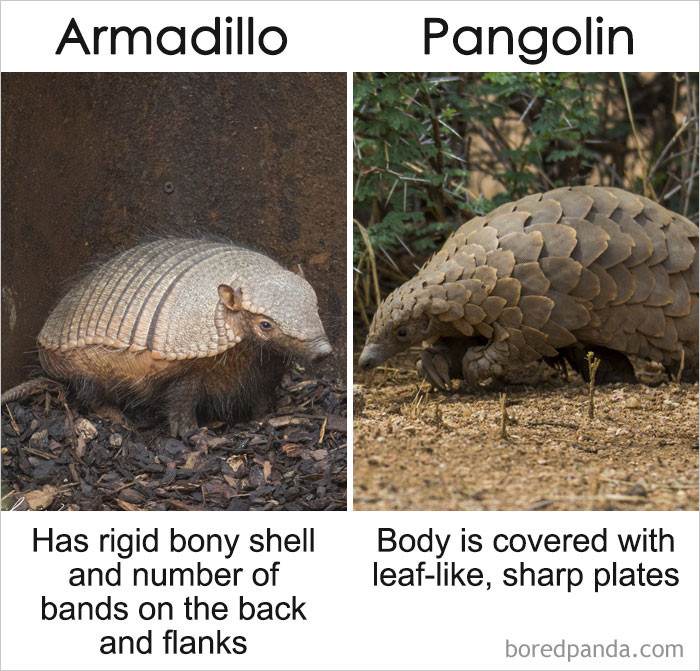
They eat an enormous 70 million insects every year and inhabit tropical forests, dry woodlands and the savannah. Pangolins are the only mammal in the world to be covered from head to toe in scales. Additionally, the government will no longer allow the use of pangolin scales in traditional medicine, a big win given that an estimated 195,000 pangolins were trafficked in 2019 for their scales alone (Challender, et. In June of 2020, China increased protection for native Chinese Pangolin to the highest level, which closed an important loophole for consumption of the species in-country. There is also demand in the United States for pangolin products, particularly for their leather to be used in boots, bags, and belts. All eight pangolin species are protected under national and international laws, and two are listed as Critically Endangered on the IUCN Red List of Threatened Species. Pangolins are the most trafficked mammal in the world right now-with demand primarily in Asia and in growing amounts in Africa-for their meat and scales. Their sense of smell and sound is supreme and is used to hunt out termite mounds and ant hills. If touched or grabbed it will roll up completely into a ball, while the sharp scales on the tail can be used to lash out if attacked. A startled pangolin will cover its head with its front legs, exposing its scales to any predator.
#PANGOLIN ARMADILLO FULL#
These solitary, primarily nocturnal animals with very poor eyesight, and are easily recognized by their full armor of scales.


What’s scaly from tip to tail and can curl into a ball? Pangolins! They look like a cross between an anteater and an armadillo, and are sometimes referred to as scaly anteaters. Status: Vulnerable to Critically Endangered


 0 kommentar(er)
0 kommentar(er)
